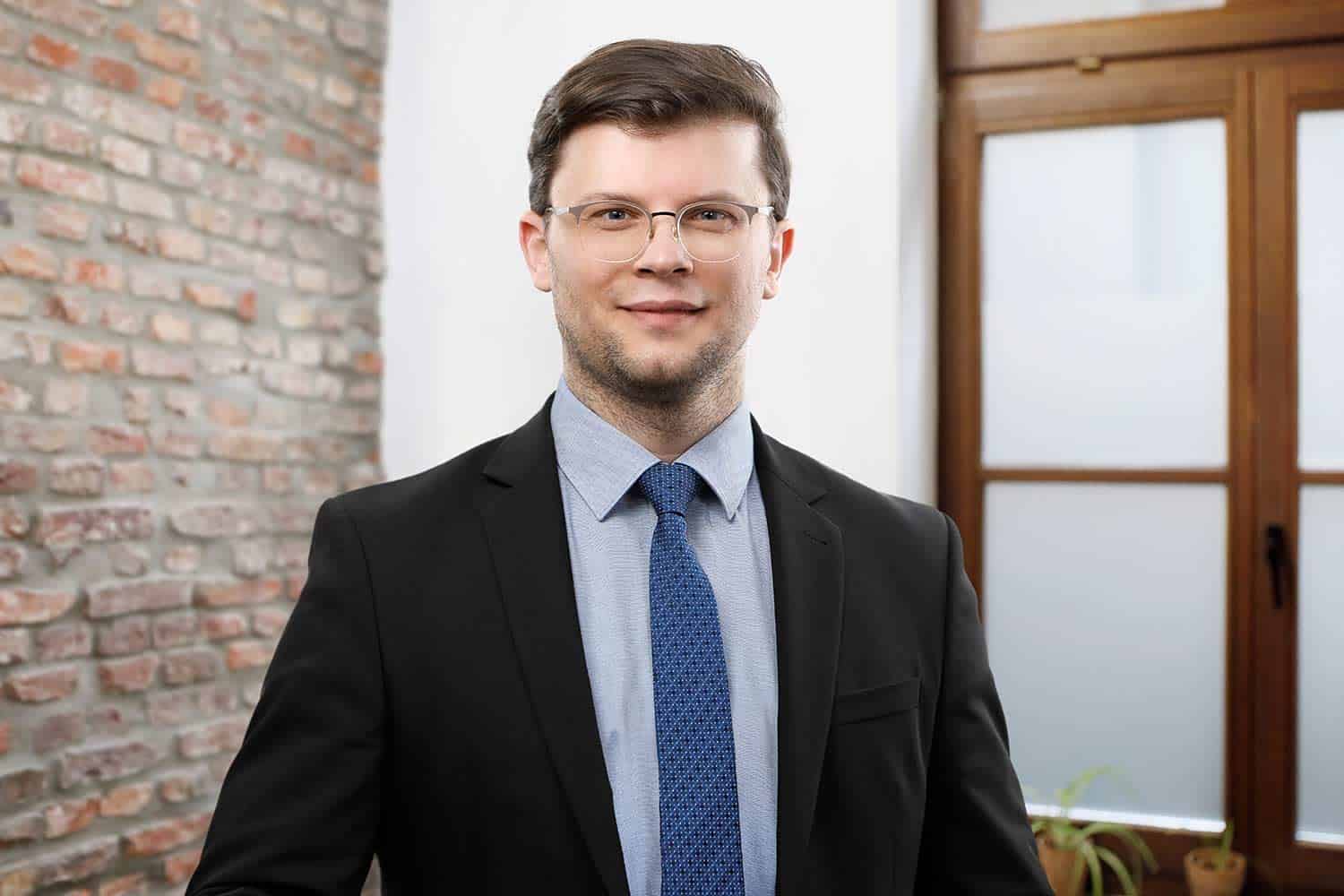Dual citizenship is particularly important in the German-Israeli relationship. On the one hand, many Israelis have close ties to Germany, while on the other, many Germans, especially those of the Jewish faith, have personal ties to Israel. The close relations between Israel and Germany were already considered, and with the changes to the German citizenship law in 2021, a new legal entitlement to re-naturalisation was created. It was also already possible to acquire Israeli citizenship in addition to existing German citizenship via the retention permit option. With the new citizenship law reform in 2024, the possibility of dual citizenship is now generally permitted.
The experience of the legal team of the German law firm Schlun & Elseven Rechtsanwälte shows that many clients – despite the liberalisation of citizenship law – are still unaware of their newly acquired rights. This is because Israeli citizens are eligible for three different types of naturalisation. Another reason is the misconception that the previous citizenship must be renounced.
In this context, we offer clients skilled and committed legal assistance. Whether you are applying for naturalisation, dual citizenship or renouncing your German citizenship – our legal team will handle your case with the necessary expertise and commitment. We take care of the entire application process to ensure that the application procedure is completed as quickly as possible. We clarify all outstanding issues with the relevant authorities so that you can concentrate fully on your core tasks, and nothing stands in the way of acquiring dual citizenship.
Current Legal Situation regarding Dual Nationality in Germany
The amendments to German citizenship law have changed the approach towards dual citizenship. Previously, multiple citizenship was to be avoided wherever possible to prevent conflicts of jurisdiction between states regarding personal sovereignty over individuals. The reformed German laws will generally allow multiple nationality from 2024. This is intended as an incentive for integration, as it will no longer be necessary to give up one’s affiliation to one’s home country to be recognised as a German citizen.
The general authorisation of multiple citizenship means that the principle of descent automatically grants children born abroad to German parents German citizenship. Children born in Germany to foreign parents (ius soli) are now also granted German citizenship without any further requirements based on the place of birth principle. Therefore, the current developments for dual citizenship under German law play an enormous role, particularly regarding the acquisition of German citizenship by descent.
However, multiple citizenship also has far-reaching consequences for acquiring German citizenship through naturalisation. It primarily depends on which legal requirements the other country has for multiple citizenship to decide whether dual citizenship is possible. An application must be submitted for naturalisation in Germany. To ensure that this complies with all requirements regarding the form in which the application for naturalisation is to be implemented, the legal advice of an experienced lawyer specialising in citizenship law is essential when applying.
Types of naturalisation for Israeli citizens in Germany
Naturalisation based on Marriage or Residence
Of course, Israeli citizens are also eligible for the “traditional types” of naturalisation in Germany. For example, Israelis who marry a German citizen can obtain German citizenship under certain conditions (see Section 9 of the German Nationality Act, StAG). Those who have already been legally resident in the Federal Republic of Germany for five years also can become naturalised if they fulfil further requirements (see Section 10 StAG).
Regardless of this, there are also (steadily increasing) naturalisation options in German citizenship law that apply to descendants of victims of National Socialism in Germany and, therefore, often apply to Israelis. The following is an example of naturalisation through restitution and the privileged treatment of Israeli citizens in discretionary naturalisation under Section 8 StAG.
Naturalisation by Restoration
The German Basic Law (GG) and the Citizenship Act (StAG) offer a right to naturalisation by restoration for those formerly persecuted under National Socialism. Article 116 (2) sentence 1 of the Basic Law must first be examined in this context. According to this, the following should apply:
Former German citizens who, between 30 January 1933 and 8 May 1945, were deprived of their citizenship on political, racial, or religious grounds and their descendants shall, on application, have their citizenship restored.
This means that those who were persecuted during the National Socialist era in Germany and who were deprived of their German citizenship by an act of the state, as well as their descendants, can still acquire their German citizenship today. In such a case, it would only be necessary to prove the existence of these conditions to the competent Federal Office of Administration through documents (e.g., a formal certificate of denaturalisation). In these cases, giving up the original citizenship is unnecessary.
It has long been criticised in the past that Art. 116 para. 2, sentence 1 of the German Basic Law excludes a large group that would also be entitled to acquire German citizenship. The wording of Art. 116 para. 2 GG does not cover those not formally expatriated. In such cases, it is not easy to provide proof. The relevant documents often cannot be found. Section 15 StAG was created to fill this gap, extending the group of persons entitled to apply to include those expatriated for the reasons stated in Art. 116 para. 2 sentence 1 GG:
1. gave up or lost their German citizenship before 26 February 1955,
2. were excluded from lawfully acquiring German citizenship through marriage, legitimisation or the collective naturalisation of ethnic Germans,
3. were not naturalised upon application or were generally excluded from naturalisation which would otherwise have been possible upon application, or
4. gave up or lost their ordinary residence in Germany, if established before 30 January 1933 or, if they were children at the time, after that date […].
These circumstances can often be proven through appropriate research with the help of a lawyer, especially if further documents can be found in regional and national archives. If the relevant evidence can be presented, the good news in these cases is naturalisation. The previous citizenship can always be retained, and dual citizenship is expressly permitted.
Discretionary Naturalisation
Israeli citizens also have the option of naturalising in Germany following Section 8 of the German Citizenship Act, which is a notable privilege.
According to Section 8 StAG, authorities can naturalise citizens at their discretion if the requirements of Section 8 StAG are met. Due to the requirement of a “special public interest” in naturalisation, the hurdles for this are high. There is a special case here for Israeli citizens. In 2020, the German Federal Ministry of the Interior and Community issued an official notification (official notification dated 11 February 2020 – V II 5) referring to the provisional application instructions of the Federal Ministry on the German Citizenship Act (VAH-StAG), instructing the implementing authorities that the retention of Israeli citizenship is generally in the “public interest”. This means that Israeli citizens eligible for naturalisation under Section 8 StAG can obtain German citizenship under simplified conditions and retain Israeli citizenship. As dual citizenship will generally be permitted with the reform of the citizenship law adopted in 2024, retaining Israeli citizenship will no longer be an obstacle to naturalisation.
Naturalisation for German Citizens in Israel – The Retention Permit
It is now also possible and desirable for Germans who wish to obtain Israeli citizenship in Israel to retain their German citizenship. The previously required application to retain German citizenship is no longer necessary now that dual citizenship is generally permitted.

Practice Group: German Citizenship Law
Practice Group:
German Citizenship Law
Contact our Lawyers for German Citizenship Law
Please use our online form to outline your request to us. After receiving your request, we will make a brief initial assessment based on the facts described and provide you with a cost offer. You can then decide whether you would like to engage our services.















